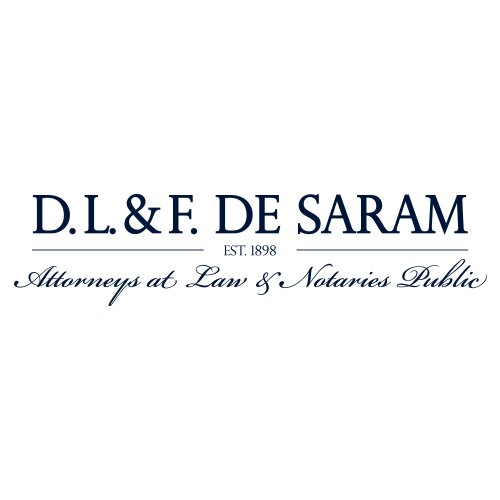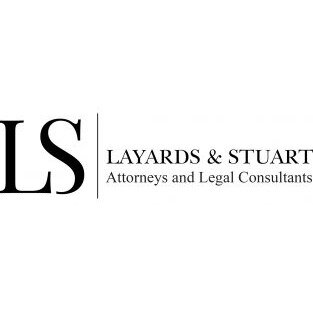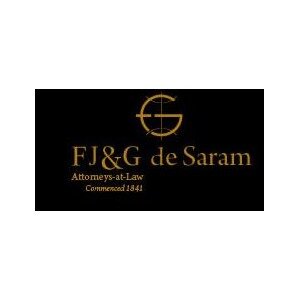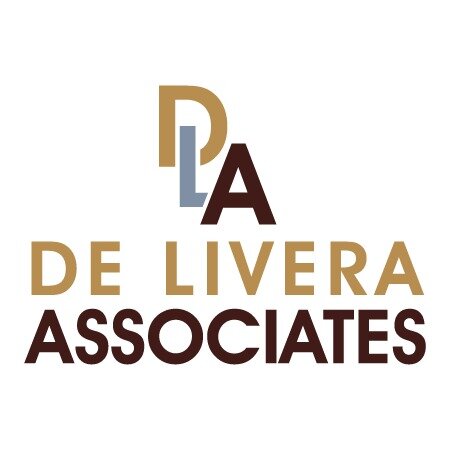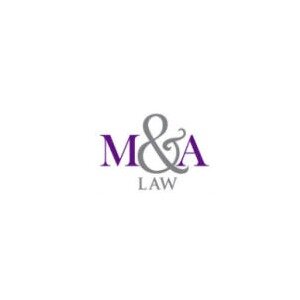Best Conveyancing Lawyers in Colombo
Share your needs with us, get contacted by law firms.
Free. Takes 2 min.
Free Guide to Hiring a Real Estate Lawyer
List of the best lawyers in Colombo, Sri Lanka
About Conveyancing Law in Colombo, Sri Lanka
Conveyancing refers to the legal process of transferring property ownership from one party to another. In Colombo, Sri Lanka, conveyancing involves a series of steps that ensure property transactions are executed legally, with all rights and obligations clearly defined and protected. It covers the preparation, execution, verification, and registration of legal documents relating to the purchase, sale, lease, or mortgage of real estate. Because real estate is a significant investment, conveyancing serves to safeguard the parties involved and ensure the title to the property is clear of defects, disputes, or encumbrances.
Why You May Need a Lawyer
Hiring a lawyer for conveyancing in Colombo is highly recommended due to the complexities involved in property transactions. Common situations where legal help is beneficial include:
- Buying or selling residential or commercial property - Transferring property as a gift or through inheritance - Mortgaging property to obtain a loan - Resolving title disputes or claims on property - Updating records with the Land Registry - Drafting and reviewing deeds and agreements - Investigating property ownership history and identifying encumbrances - Conducting due diligence to avoid fraud and legal complications
A conveyancing lawyer can navigate local regulations, check documentation, liaise with regulatory authorities, and ensure compliance with all required legal processes.
Local Laws Overview
Conveyancing in Colombo is guided by several key statutes and customary practices. Some of the primary laws and legal requirements include:
- The Registration of Documents Ordinance, which mandates that certain documents affecting property be registered to be legally recognized - The Prevention of Frauds Ordinance, requiring written and witnessed agreements for valid transfer of land and property - Stamp Duty Act, under which the payment of stamp duty is necessary before registration of deeds - The Notaries Ordinance, which sets the standards for notarial work and authentication of documents - Relevant zoning and urban development regulations applicable to properties within Colombo
Additionally, only qualified notaries can prepare and attest deeds of transfer, and all transactions must be registered with the relevant Land Registry to perfect title. Due diligence is necessary to verify a clear chain of title, outstanding mortgages, liens, or restrictions. Foreigners are subject to additional limitations and taxes when acquiring property in Sri Lanka.
Frequently Asked Questions
What is the role of a notary in property conveyancing?
A notary in Sri Lanka is a legally appointed individual authorized to draft and attest deeds relating to the transfer or sale of property. Their functions include verifying parties' identities, ensuring compliance with legal requirements, and registering deeds with the Land Registry.
How is property title checked in Colombo?
A title check involves examining previous deeds, registration records, mortgages, and encumbrances at the Land Registry. The lawyer or notary conducts this search to confirm ownership history and ensure the property title is clear.
Is it mandatory to register property transactions?
Yes, under the Registration of Documents Ordinance, it is compulsory to register deeds of sale, transfer, or mortgage with the appropriate Land Registry office for legal recognition and protection of ownership.
What taxes and fees are associated with conveyancing?
Property transactions in Colombo attract several costs, including stamp duty, notary fees, registration fees, and in some cases, capital gains tax. The buyer typically bears most of these expenses.
Can foreigners purchase property in Colombo?
Foreign individuals and entities face restrictions when purchasing land in Sri Lanka. They may be subject to additional taxes and are generally prohibited from owning freehold land, but they may obtain long-term leases. Always consult a lawyer for specific guidance.
What documents are required for selling property?
Key documents include the title deed, plans approved by local authorities, certificate of ownership, proof of payment of local rates and taxes, and identification documents for all parties involved.
How long does the conveyancing process typically take?
The duration varies based on complexity, but a straightforward sale or transfer can take several weeks to complete, including searches, drafting, execution, and registration of documents.
What happens if ownership is disputed?
If a dispute arises, the matter may be referred to court. Engaging a lawyer early on can help prevent disputes and provide legal remedies to resolve ownership or title issues.
Can property be transferred as a gift or inheritance?
Yes, property can be transferred through deeds of gift or via inheritance laws. However, these transfers must also be properly documented and registered, with stamp duty and other fees paid as applicable.
How can I verify the legitimacy of a property transaction?
Work with an experienced conveyancing lawyer or notary who will conduct comprehensive due diligence, title searches, and document verification to protect your interests and ensure the transaction is legitimate.
Additional Resources
Several resources and authorities can assist you with conveyancing in Colombo:
- The Land Registry Office (Colombo) - for property records and deed registration - The Ministry of Justice - for a list of licensed notaries - The Sri Lanka Bar Association - for finding qualified lawyers and legal resources - Local Municipal Councils - for land use, zoning, and approval of building plans - The Department of Inland Revenue - for questions about property taxes and stamp duty
Consulting these resources or government offices can provide further information or assist with procedural requirements.
Next Steps
If you are planning to buy, sell, or transfer property in Colombo, taking the following steps is recommended:
- Gather all relevant property documentation, including current deeds, approved plans, and identification papers - Engage a qualified conveyancing lawyer or notary with experience in Colombo real estate matters - Request a preliminary title search to uncover any issues with the property - Review and understand all costs, taxes, and legal requirements before signing any agreement - Ensure that all necessary documents are drafted, executed, and registered correctly
Starting the process with proper legal advice will help protect your investment, avoid delays, and ensure a smooth transaction. If you have any uncertainty at any step, promptly consult with a legal professional for guidance.
Lawzana helps you find the best lawyers and law firms in Colombo through a curated and pre-screened list of qualified legal professionals. Our platform offers rankings and detailed profiles of attorneys and law firms, allowing you to compare based on practice areas, including Conveyancing, experience, and client feedback.
Each profile includes a description of the firm's areas of practice, client reviews, team members and partners, year of establishment, spoken languages, office locations, contact information, social media presence, and any published articles or resources. Most firms on our platform speak English and are experienced in both local and international legal matters.
Get a quote from top-rated law firms in Colombo, Sri Lanka — quickly, securely, and without unnecessary hassle.
Disclaimer:
The information provided on this page is for general informational purposes only and does not constitute legal advice. While we strive to ensure the accuracy and relevance of the content, legal information may change over time, and interpretations of the law can vary. You should always consult with a qualified legal professional for advice specific to your situation.
We disclaim all liability for actions taken or not taken based on the content of this page. If you believe any information is incorrect or outdated, please contact us, and we will review and update it where appropriate.



